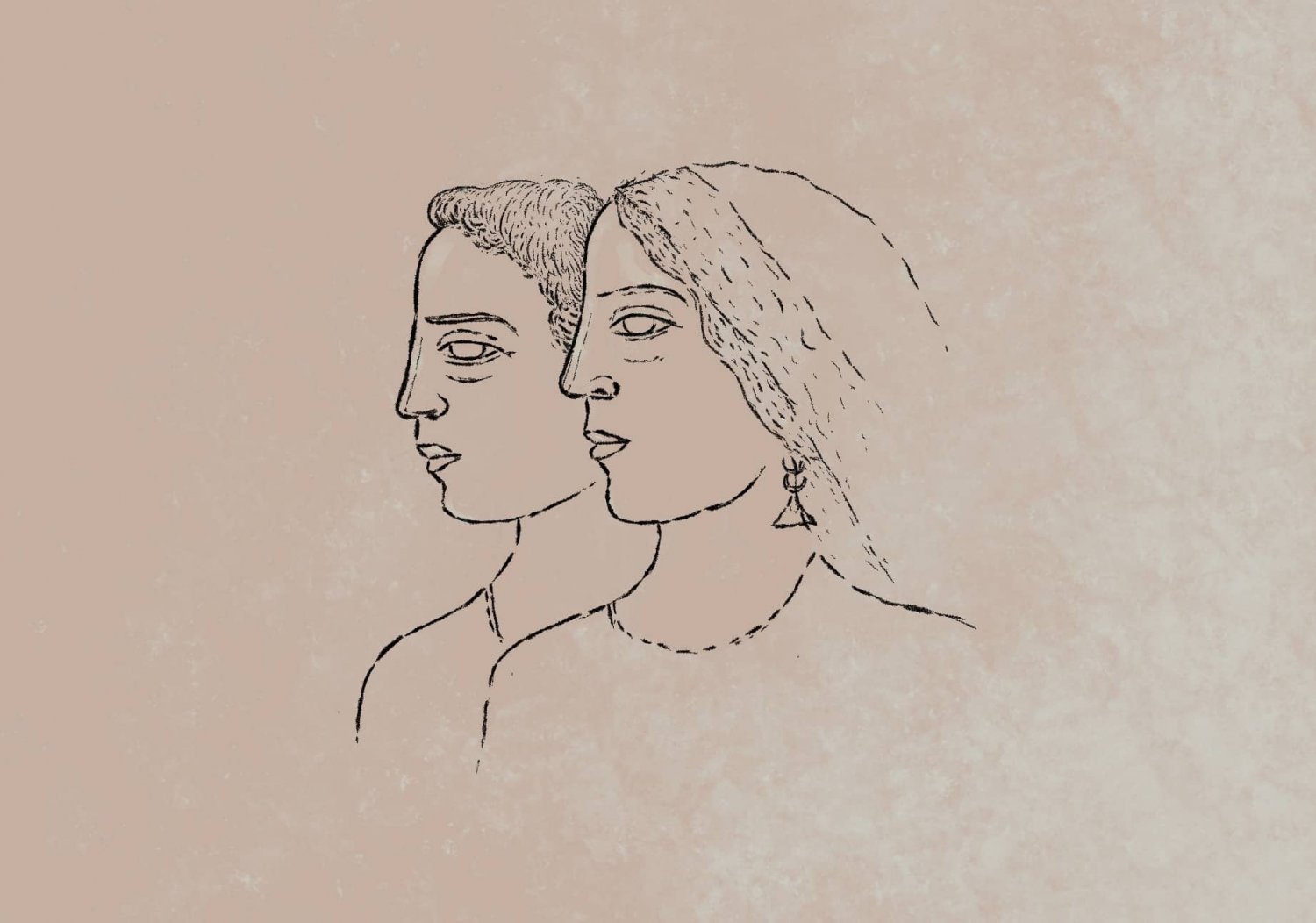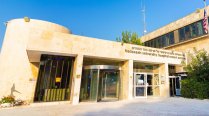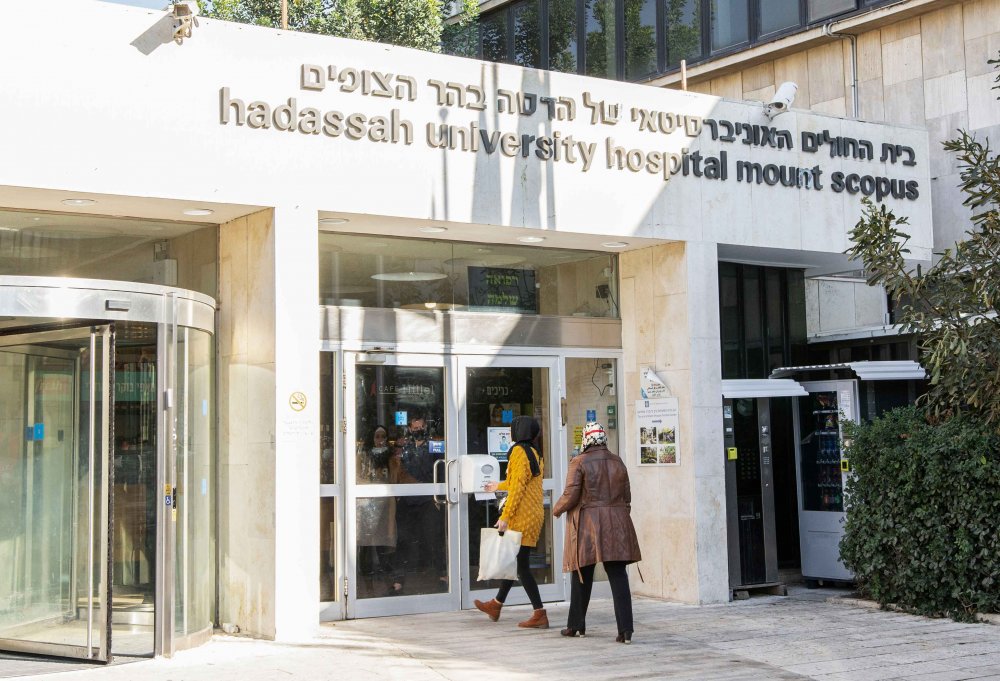Salma,1 40, is a Palestinian journalist who lives in Ramallah in the occupied West Bank. She holds a Palestinian Authority ID, meaning she needs a permit in order to enter Jerusalem (see Jerusalem: A Closed City). In 2018, she experienced pain in her body and was then diagnosed at a Palestinian hospital in Ramallah with a benign tumor in her thyroid. This tumor was eradicated by ablation in the Palestinian hospital.

Sick While Blacklisted, and the Care You Need Is Found Only in Jerusalem
Snapshot
Access to Jerusalem is critical for all Palestinians in the area because this city, formerly the hub of the larger region before its closure, hosts many critical institutions and services. To understand the ramifications of closure and blacklisting on individual lives, the Jerusalem Story Team spoke with Salma by phone on January 22, 2020. This is her story.
Need for Jerusalem Access
Sometime later, to assess the size of the tumor, Salma needed a thyroid uptake measurement test that involves the usage of radioactive iodine, which is not usually allowed in West Bank Palestinian hospitals. She has two brothers who have been imprisoned by Israel for a combined duration of 13 years. This meant that she was blacklisted and would never get an entry permit to Israel or Jerusalem. (She surmised this from the fact that she had previously applied for permits to pray at the al-Aqsa Mosque and been denied.)
However, because she needed a treatment that was not available in the West Bank, Salma believed she might have a chance to receive a restricted permit, although the system provides no solid guarantee that this would happen.
Prolonged Permit Application Process
Salma, who was by then worried about any further developments in her illness, went ahead and applied.
She describes the steps she had to go through as follows:
- First she had to request and wait for official medical records from the Palestinian hospital detailing the needed checkup.
- Then she had to take these records to the Palestinian Office of Civil Affairs, and from there it was relayed to the Israeli Office of Civil Administration.
- She had to provide several documents—the medical record from the Palestinian hospital, an approval of an appointment at Hadassah Hospital, an application form with all her information, a guarantee from the Palestinian Ministry of Health that the expense of her test would be covered, and photos of herself.
Long Wait, Limited Permit
After three long months of anxiety-filled waiting, while Salma feared she would not get the permit because of her brothers, she was granted a permit that allowed her to enter Jerusalem and do the requisite test at Hadassah Hospital (see Only in Jerusalem).
However, the entry permit that Salma received was for only 10 hours, despite the fact that the medical test required two days: She had to swallow a pill with the radiotracer on the first day, allow several hours to pass so the radiotracer could accumulate sufficiently in the tumor in order to be visible on a scan, and return to the hospital the following day for imaging.
No-Win Situation
Since the entry permit she received did not take into consideration the actual duration of the procedure, Salma had to travel to Jerusalem for the first appointment at Hadassah and then stay overnight in the city illegally, because if she were to leave the city and return home, she would not be allowed to reenter the following day. By staying, however, she risked being caught, forcibly transported to Qalandiya checkpoint, interrogated for hours, and deported.
Fortunately, that did not happen, and Salma was able to complete the imaging the next day and return home. To her relief, the test results showed that the size of the tumor was less than one centimeter, and thus there was no need for radiotherapy or additional treatment.
Common Story
Salma relays that some other friends, who were also blacklisted, were not as fortunate and did not receive entry permits even when they needed medical treatment. Another friend was informed by the Palestinian Civil Affairs office that she is blacklisted for 90 years, because her husband was once imprisoned for political reasons.
Aside from this exceptional medical visit, Salma says that she only has the opportunity to visit Jerusalem and pray at the al-Aqsa Mosque once a year, usually on a Friday in Ramadan, when Israeli authorities make an exception and allow Palestinian women of all ages to enter. However, due to the fasting, the summer, and the crowds that throng the checkpoint during Fridays of Ramadan, sometimes Salma cannot make it to Jerusalem. She concludes: “Imagine I was not a woman—I would have to wait until my 50th birthday to get to pray in al-Aqsa.”


